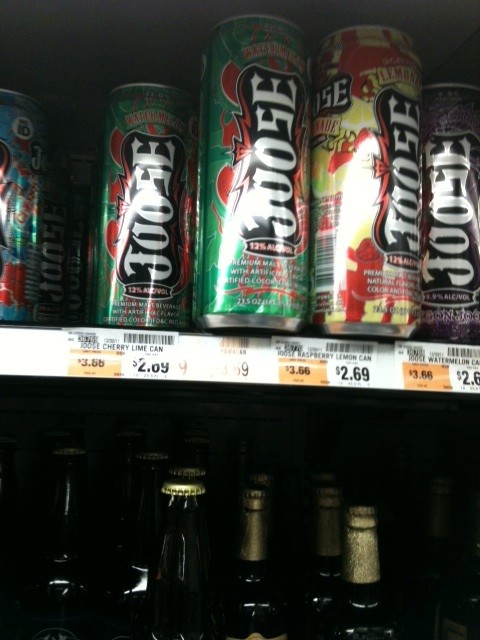Tackling underage drinking in Long Beach
Forum to raise awareness of youth alcohol abuse
“The underage drinking problem in Long Beach is huge,” said Judi Vining, coordinator of the Long Beach Medical Center’s Coalition to Prevent Underage Drinking. “When I was growing up you couldn’t buy a six-pack in a gas station. Alcohol and alcohol advertising surrounds kids today, normalizing over-drinking for them.”
In an effort to curb underage drinking in Long Beach, the coalition is holding its annual town hall meeting on July 11 at the Long Beach Public Library, from 7 to 9 p.m.
“We have 81 or 82 establishments where people can purchase alcohol in the 3.5 square miles of the City of Long Beach,” Vining said. “What you hear from adults very often is, ‘They’re going to drink anyway, so if they’re going to drink, let them drink safely in my house.’ The reality, from what kids tell us both in focus groups and national statistics, is they drink very aggressively and very dangerously.”
Next week’s meeting will feature guest speaker David Jernigan, Ph.D., director of the Center on Alcohol Marketing and Youth, who will give a presentation on the link between alcohol advertising and the impact it has on drinking among young people. “[W]hat’s special about this [meeting] is that the community has the opportunity to hear from a nationally renowned guest speaker,” Vining said, adding that the results of the coalition’s 2011 Long Beach student survey on alcohol and drug use will be revealed.
The survey was initiated last fall, she explained, as part of the Prevention First-NY! grant, administered by the New York State Office of Alcoholism and Substance Abuse Services. A follow-up survey will be launched in the fall of 2013 to track a new group of students. Every student in the high school took part in the survey during social studies class.
“It’s anonymous, and it’s about their own perception of alcohol and other drugs in the community,” Vining said.
She added that 63 to 64 percent of minors who drink do so mostly at friends’ houses or at parties. “Truly, the police don’t have enough manpower to be driving up and down the streets looking for parties,” Vining said. “We need the community to say, ‘You know what, I think something is going on next door,’ and we need them to understand that they’re doing these kids a favor.”






